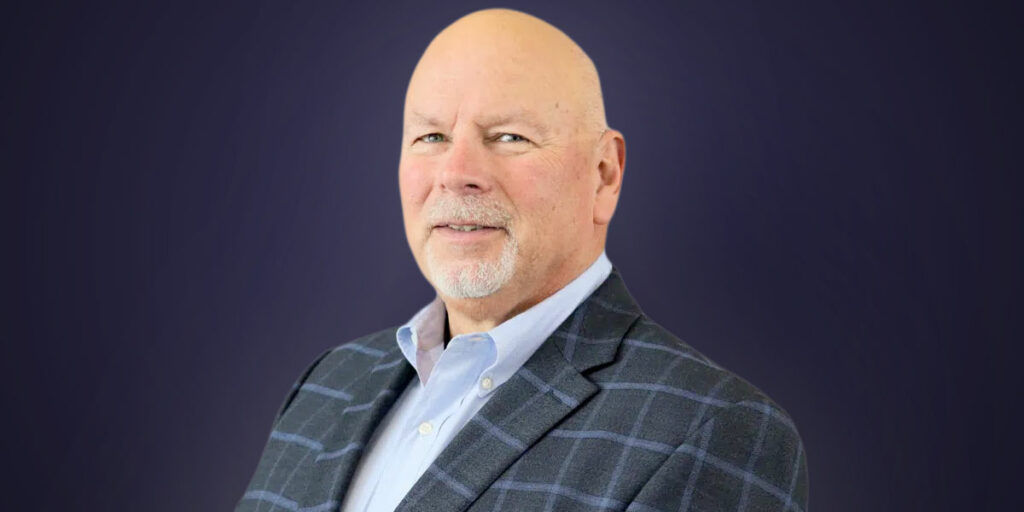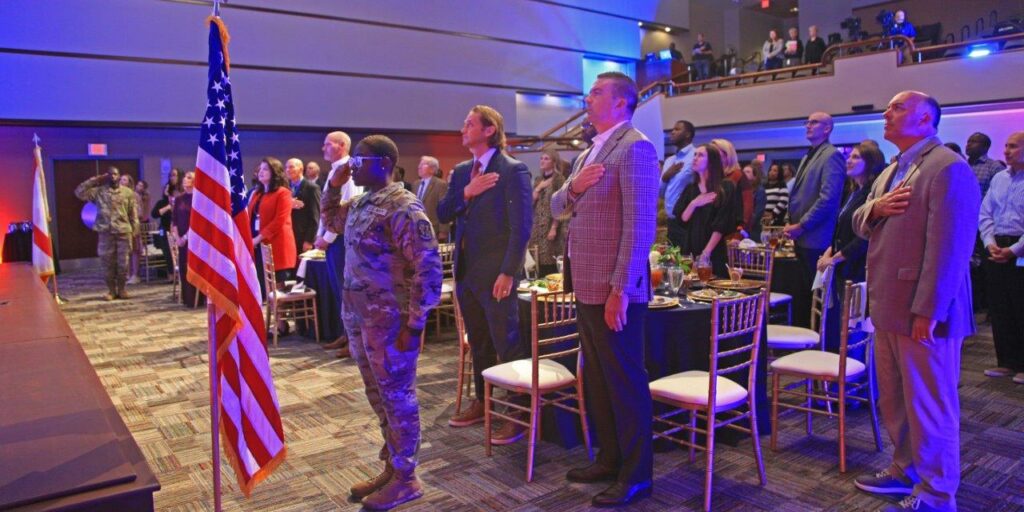The pandemic forced many schools to switch to remote learning in spring 2020. But it also forced a virtual shift in critical summer academic programs.
The big question: Would those summer programs be as effective in keeping kids on track?
Results from one major statewide summertime academic initiative indicate the answer is yes. That’s encouraging as leaders with SAIL plan for another summer of virtual programming.
Formed in 2012 as a project of six Alabama-based philanthropies, SAIL, which stands for Summer Adventures in Learning, operates in 15 Alabama counties, including in the Black Belt, metro Birmingham, Tuscaloosa and Huntsville. The Alabama Power Foundation is among the nonprofits supporting SAIL.
This summer, SAIL will support 37 independent academic programs in the Birmingham area and in Black Belt counties. In the Huntsville area, SAIL is supporting three partners that will operate programs at 14 sites.
Academic summer programs have always been important, said Jim Wooten, chairman of the SAIL board of directors. But they proved even more critical after schools closed because of the pandemic.
Educators have long realized and confirmed that summer learning is vital to supporting and maintaining academic progress. In 2019, state lawmakers passed the Alabama Literacy Act. The law incorporated student summer reading among its requirements. In 2020, Gov. Kay Ivey promoted the Alabama Campaign for Grade Level Reading, which also supports summer learning programs.
Two Alabama school systems are collaborating with SAIL to meet Alabama Literacy Act summer reading requirements. Blount County Schools is using SAIL funding to offer reading camps for K-3 students, also in support of state education goals.
“State law requires school systems to offer summer reading camps, but leaves the implementation to each district,” said Mitchie Neel, executive director of the Blount County Education Foundation. “We know from research that how you structure a summer learning program influences how much students will learn. Partnering with SAIL allows us to meet students where they are while nurturing the whole child and bringing them up to grade level.”
In summer 2020, SAIL supported 34 programs: 14 provided in-person programs, 17 were virtual and three offered at-home curriculum. With COVID-19 health restrictions, enrollment was limited because physical distancing required smaller classes and because many families chose to keep their children at home.
For the programs that pivoted to online programming, lack of internet access in underserved, rural communities limited enrollment. As a result, enrollment dropped from SAIL’s typical participation of more than 2,500 students to about 1,250.
Last year, many SAIL programs conducted online programming for the first time. Educators had to adapt to a steep learning curve, requiring close collaboration. Wooten said extra effort was required to keep children engaged in the virtual classes. Texts, emails and one-on-one Zoom calls were used to ensure students attended classes and stayed attentive. The strategies also demanded greater parent participation. Many SAIL-funded programs reported their best-ever family involvement.
In the end, a review of the results from last summer showed that academic gains were about the same as in recent years, proving that online classes can be effective. SAIL students in 2020 gained an average of 2.3 months in reading skills and 1.6 months in math, Wooten said.
They were so effective many SAIL programs intend to keep using online strategies even after students are able to fully return to in-person programming.
SAIL’s successes are especially salient this year because the novel coronavirus is exacerbating academic losses for at-risk students. Research shows students from low-income families typically lose two to three months of reading and math skills every summer. Most of SAIL’s students come from low-income households, with 84% of the students enrolled in 2020 qualifying for free or reduced-cost lunches.
The Alabama Power Foundation is supporting SAIL’s planning for this summer’s programs.
“The foundation also provides valuable leadership,” Wooten said. Tan Grayson, Community Initiatives program manager at the foundation, is on the SAIL board. Grayson worked with SAIL leaders last year to help the organization acquire devices that allowed students to participate in programs remotely.
To learn more about SAIL and to find a summer learning program near you, visit https://sailalabama.org.
(Courtesy of Alabama NewsCenter)













